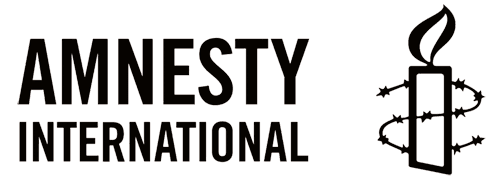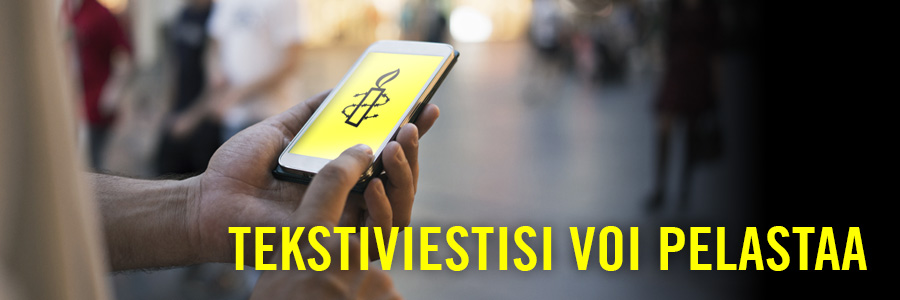On 9 August, the Specialized Criminal Court in the Saudi capital, Riyadh sentenced, after a grossly unfair trial, Salma al-Shehab, a Saudi activist and academic from Saudi Arabia’s Shi’a minority to 34 years in prison followed by a 34-year travel ban. She was accused, among other things, to “disturbing public order” for using Twitter and retweeting activists who support women’s rights. According to court documents reviewed by Amnesty International, she was detained in solitary confinement for 285 days before she was brought to trial. She was also denied access to legal representation throughout her pre-trial detention, including during interrogations. The Saudi authorities must immediately and unconditionally release Salma al-Shehab and quash her conviction.
Vetoomuskirje
I am alarmed to learn that Salma al-Shehab, an academic and activist, was sentenced to 34 years in prison followed by a 34-year travel ban, by the Specialized Criminal Court (SCC) in Riyadh, the Saudi capital, on 9 August.
On 14 January 2021, she was arrested at the General Directorate of Investigations after she was called in for interrogation a few days before she was due to go back to the United Kingdom to continue her PhD studies at the University of Leeds.
Salma al-Shehab’s trial began on 25 October 2021, and according to court documents reviewed by Amnesty International, she was detained in solitary confinement for 285 days before she was brought to trial, in violation of international standards and Saudi Arabia’s own Law on Criminal Procedures. She had no access to legal representation throughout her pre-trial detention, including during interrogations.
In mid-2022, Salma al-Shehab was initially sentenced to six years in prison under the counter-terrorism law. At her appeal trial, the prosecution demanded a harsher punishment. Her sentence was increased to 34 years based on the discretion of the judge, after her initial sentence was overturned and she was convicted of “supporting those who seek to disrupt public order, destabilize security and the stability of the state” and publishing tweets that “disturb public order, destabilize the security of society and the stability of the state” under the counter-terrorism and anti-cybercrime laws.
I urge you to immediately and unconditionally release Salma al-Shehab and quash her conviction as she is being held solely for peacefully exercising her right to freedom of expression. I also call on you to stop equating free speech with “terrorism”, and repeal or substantially amend the counter-terrorism and anti-cybercrime laws that criminalize dissent, and enact new laws that are fully compatible with international human rights law and standards.
Taustatietoa
Amnesty International has documented 30 cases of Saudi Arabian activists and human rights defenders who were prosecuted and sentenced to prison terms to be followed by arbitrary travel bans; as well as 39 unofficial travel bans which have affected relatives of activists. Travel bans have significant consequences on the lives of impacted individuals, causing them to lose educational or professional opportunities abroad, restricting their ability to seek healthcare outside the Kingdom, affecting their mental health and forcibly separating family members for years.
Targeting activists and human rights defenders has created a climate of fear and repression with a chilling effect on Saudi activists living abroad or exiled, as they avoid returning to their own country in fear of reprisals, including being placed on arbitrary travel bans that would lock them in the Kingdom and prevent them from travelling back to their countries of residence. Many activists have also expressed fear of seeing members of their family that have remained in the country being targeted in retaliation for their activism abroad.
Amnesty International has also documented a pattern of repression targeting the Shi’a community in Saudi Arabia, namely through the Specialized Criminal Court that has issued harsh prison and death sentences following grossly unfair trials, marred by allegations of torture and other ill-treatment during detention which the prosecution has systematically failed to investigate.


